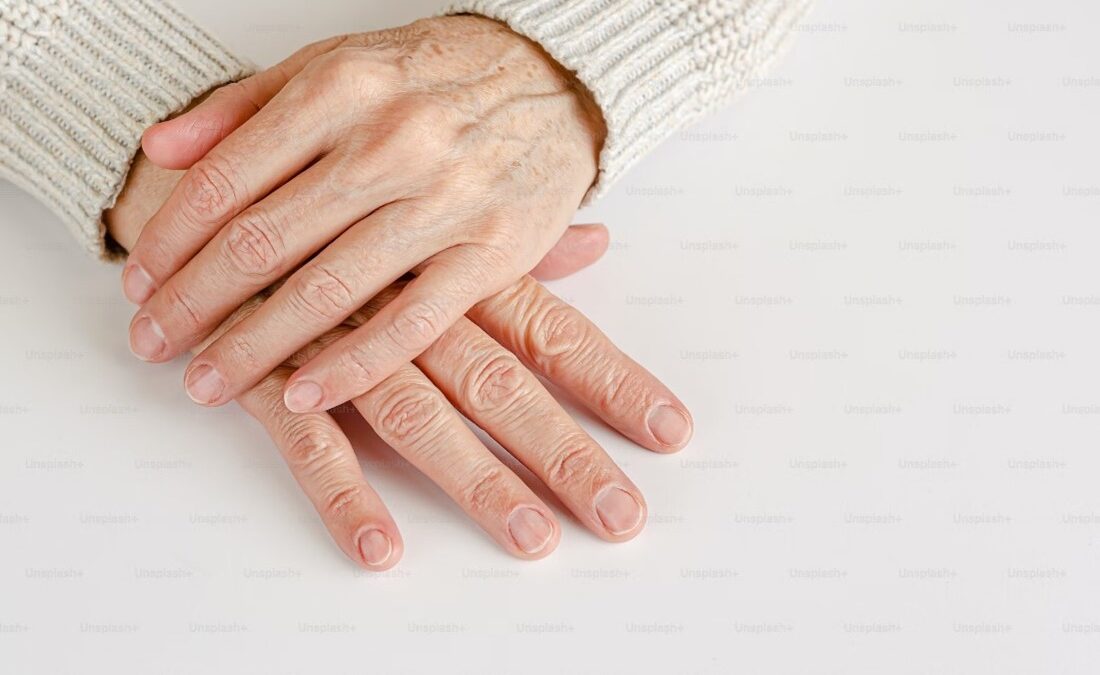Voluntary Assisted Dying (VAD) has now been legalised in all States across Australia, with legislation in New South Wales coming into effect from the end of November this year.
It is not yet legal in the Northern Territory or the Australian Capital Territory, although legislation was tabled in the ACT Legislative Assembly on Tuesday.
Who is eligible for voluntary assisted dying?
Ben White, a professor of end-of-life law at Queensland University of Technology, says the laws in Victoria and SA are a problem.
“Family members and patients have described not being able to find the right words, not being able to generate the right conversation,” he says. “There’s an issue of health literacy in a voluntary assisted dying setting.
Three states – Queensland, South Australia, and NSW – include institutional objection provisions in their legislation. In those states, people are generally able to access voluntary assisted dying if they are permanent residents of an aged care or palliative care facility, even if the facility objects.
Patients must take the medication themselves unless they cannot self-administer or digest it, in which case a practitioner can administer it.

